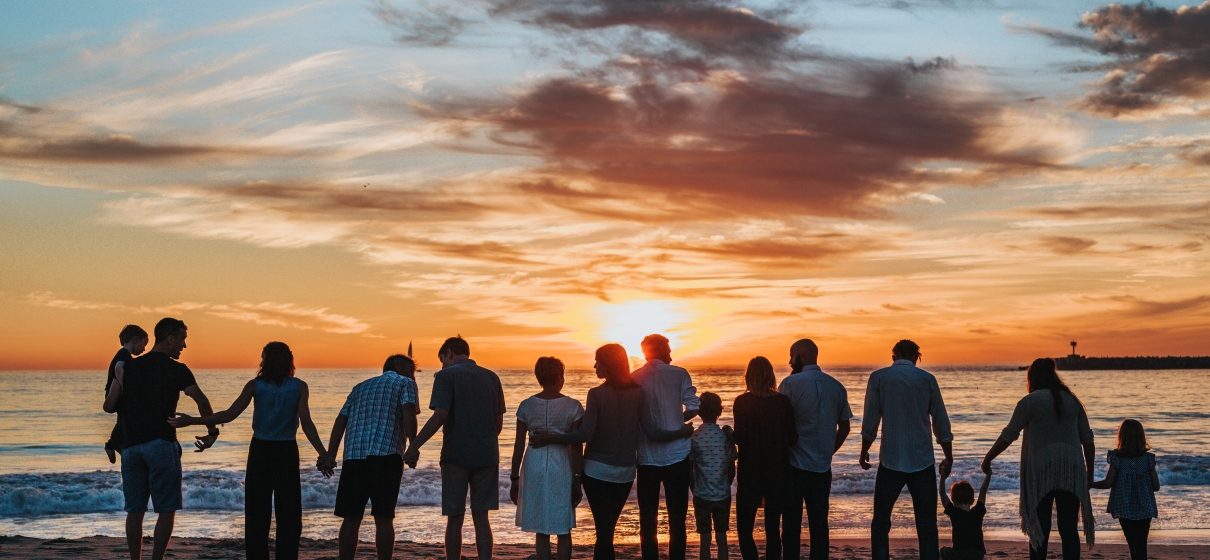We Need Community
The last couple of years have been difficult. With rampant sickness, quarantines, and lockdowns, many of us have experienced a level of loneliness we never thought we would.
Community is a gift and a blessing. As we’ve become markedly more aware since March 2020, we were not meant to exist as sole individuals.
Even the most anti-social movements tend to create communities to support each other.
My generation saw the emo kids gather, the 80s had the punks, and 60s and 70s saw people flock to the hippie movement in droves.
Humanity longs for community — to know others and to be known. Humans need a place in which to grow, learn, work, serve, and worship alongside other people.
How gracious the Lord is to know what his creation needs!
Mankind was created to function together.
In the Genesis creation account, we see God pairing the man, Adam, with his wife, Eve. In creating this union, the Creator himself stated, “It is not good for man to be alone,” (Gen. 2:18).
From the outset of creation, God envisioned his image bearers existing in community, beginning with the family.
Family is the first community we are given — the first place to know others and be known. But our familial situation changes throughout our lives. We move, marry, and experience loss.
Thankfully, God has created an eternal family.
The story of Scripture is that God shows how wonderful and glorious he is by redeeming rebels and not only showing them mercy and grace, but actually bringing them into his family.
Just look at the familial language throughout the Bible like God being called “the Father” and Jesus “the Son,” believers being called co-heirs with Christ, the Church being referred to as Jesus’ bride, and Christians being adopted by God.
The Church is a new family. There we can experience community to a degree not seen elsewhere. As the Body of Christ, believers are called to take up each others burdens, provide for each other, hold each other accountable, and encourage each other. Joining a church means joining a community of people who recognize God as Father and long to serve one another.
In this community, believers know others and are known themselves.
Personally speaking, my family would have crumbled long ago had Christ not blessed us with a loving and faithful community of believers.
When we experienced a chronic health issue that resulted in pain, these faithful followers of Jesus were there to lift us up in prayer.
When I struggled with addiction, they were there to hold me accountable.
When my wife and I feared for our physical safety, they offered protection.
When my family was in need, they were there to provide support.
To this day, when I experience difficulties or doubts, I can remember the times in which the Lord has provided for me through other believers — his hands and feet.
If you have never experienced authentic gospel-centered community, I would encourage you to do the work to connect with other believers in the local church.
Fewer gifts or blessings have proven so sweet.










